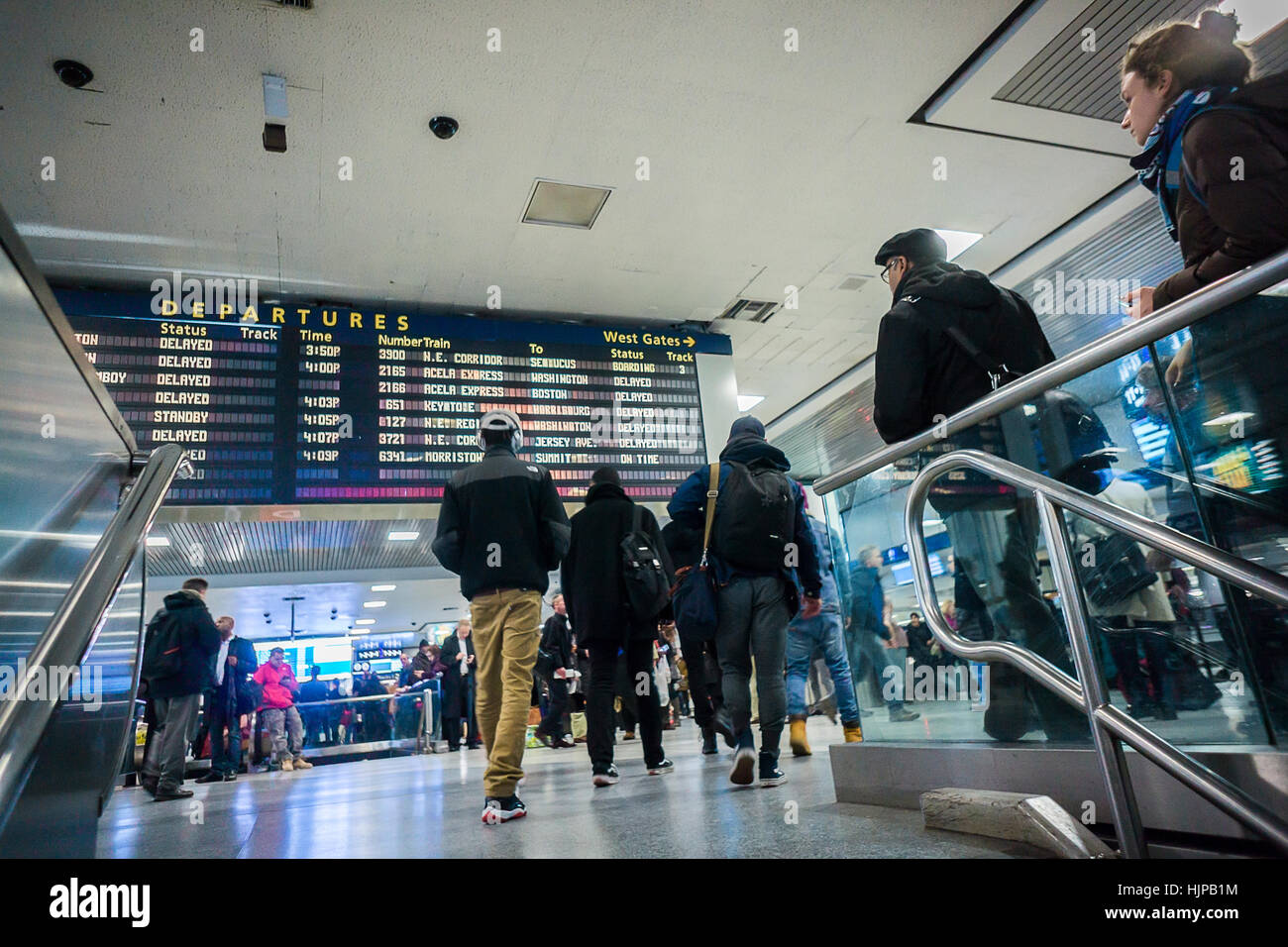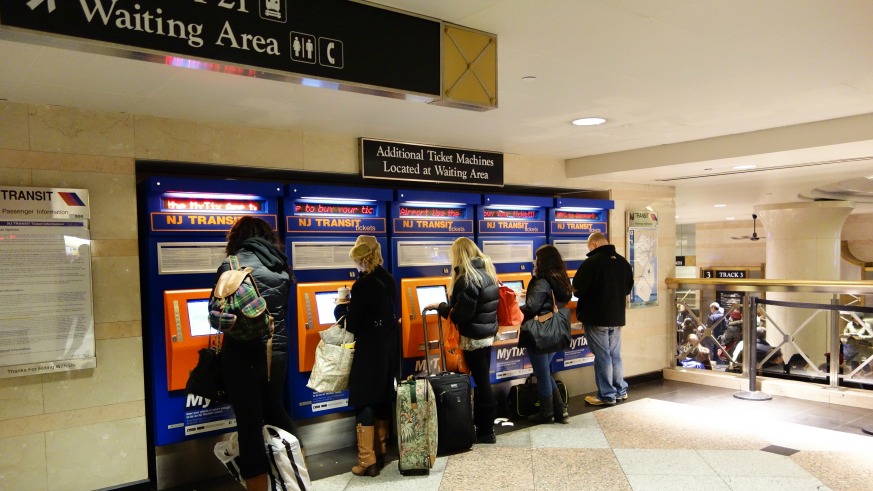


According to the Connecticut Business and Industry Association (CBIA), as of November 2022, Connecticut had 102,000 job openings that remained unfilled 46% more than in February 2020. Not only do we continue to hear that our residents can’t afford to live here, but now we’re hearing more and more that the housing crisis is affecting the business community too. Lack of housing choice is a problem for individuals and families, and it’s also a problem for our state’s economy. Connecticut is simply too expensive for too many people and housing costs continue to rise. And it’s also popular among voters - according to a recent poll conducted by Growing Together Connecticut, 76% of people in Connecticut support building more homes near transit.Īccording to the Partnership for Strong Communities, almost half of homerenters (49%) and a third of homeowners (30%) spend more than 30% of their income on housing. Encouraging more homes in areas where we have invested in transit is common sense planning and is a smart investment in Connecticut’s future. But the question remains- how are we going to solve it? While no one strategy is the silver bullet that will address all of the housing challenges in our state, more homes near transit is one important part of the solution. The housing crisis in Connecticut is no longer a topic of debate. Transit oriented development concentrates homes in areas with infrastructure and takes the pressure off greenfields, preserving natural spaces, while putting new residences close to businesses and amenities. RPA research shows that focusing development around transit is one of the most cost-efficient and environmentally sustainable ways to create more housing opportunity. We strongly support Work Live Ride/HB6890: An Act Concerning Qualified Transit Communities as an important tool for advancing transit oriented communities in Connecticut.

We focus on research and planning to improve economic opportunity, mobility, environmental sustainability and quality of life in the NY-NJ-CT region and advocate for public policies that are supported by our research.

RPA is a non-profit civic organization that has been working in Connecticut for the past 100 years. My name is Melissa Kaplan-Macey and I am the Vice President for State Programs and Connecticut Director at Regional Plan Association. Dear Chairwoman Kavros-DeGraw, Chairman Rahman, Vice Chairman Needleman, Vice Chairman Chafee, Ranking Member Zullo, Ranking Member Fazio, and Distinguished Members of the Connecticut General Assembly Joint Planning and Development Committee:


 0 kommentar(er)
0 kommentar(er)
